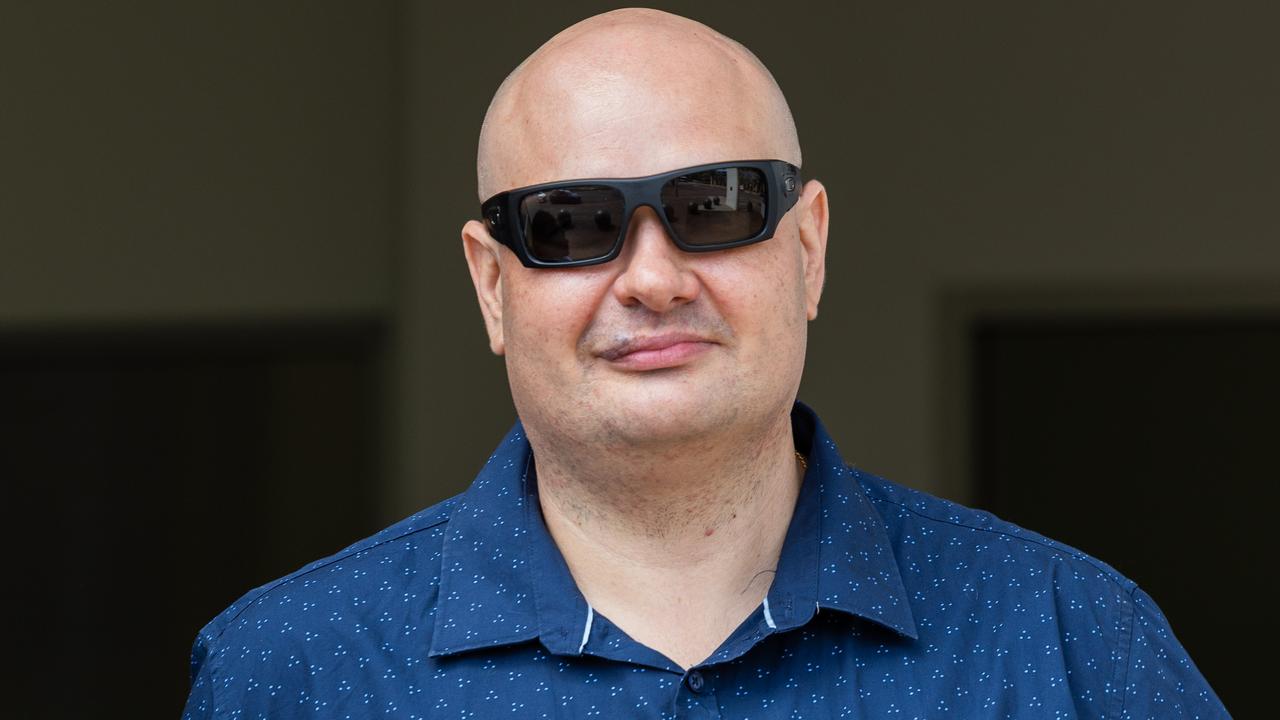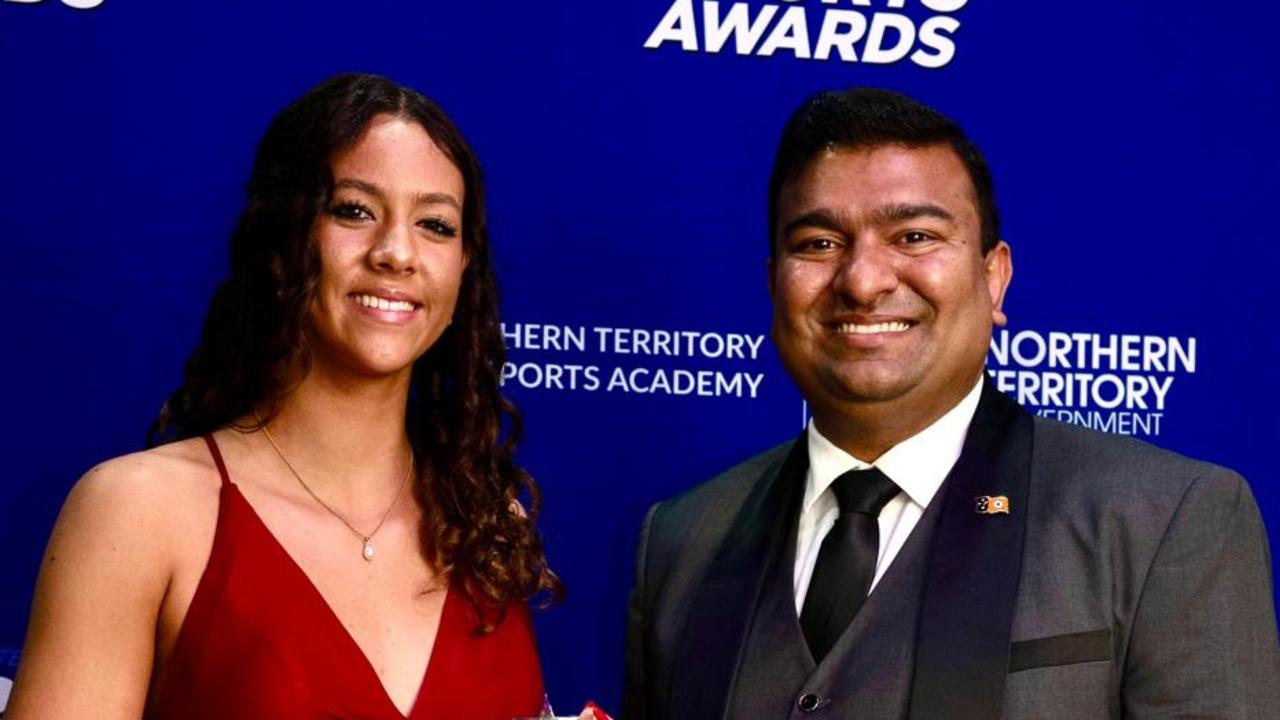Joint proposal led by Charles Darwin University researcher seeks to establish global network of unmanned surface vehicles
A joint proposal led by a Top End research fellow research is seeking to establish a global network of a maritime technology which could completely change the way research is collected, distributed and more.
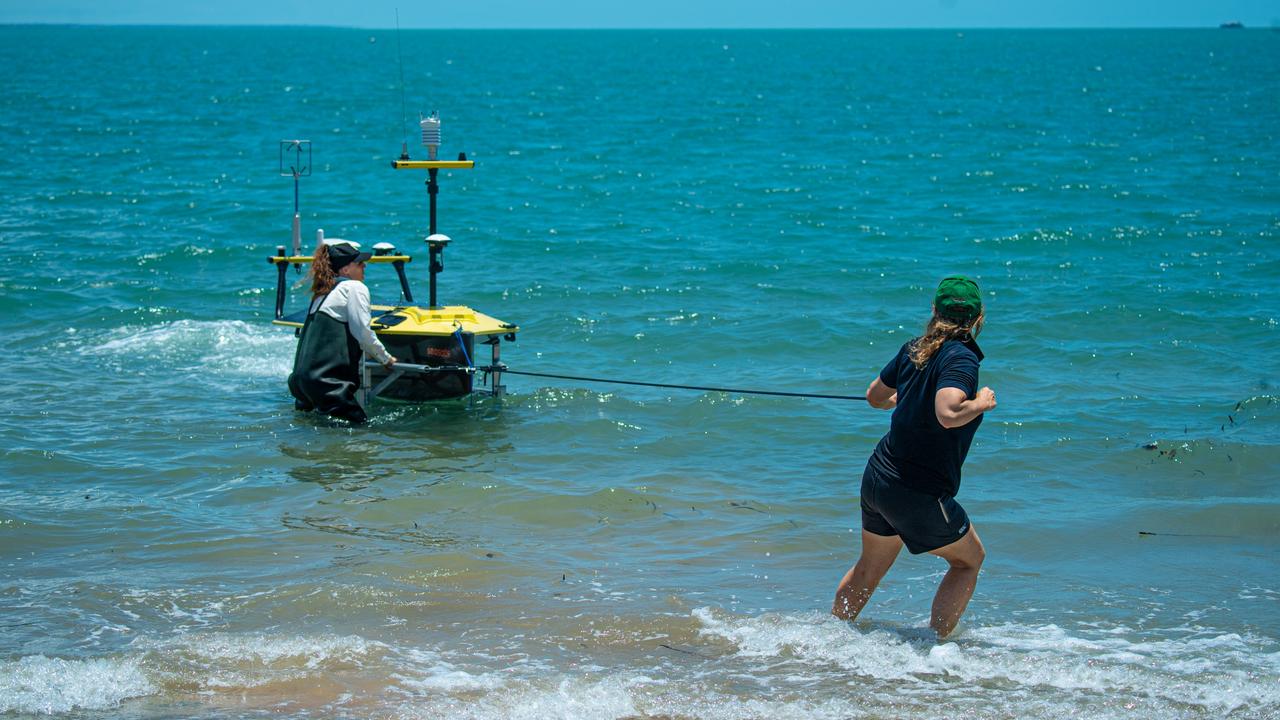
News
Don't miss out on the headlines from News. Followed categories will be added to My News.
A joint proposal led by a Top End research fellow is seeking to establish a global network of a new maritime technology that could completely change the way research is collected, distributed and more.
Leading the proposal is Charles Darwin University research fellow and oceanographer Dr Ruth Patterson, who is trying to establish a permanent global unmanned surface vehicle (USV) network within the Global Ocean Observing System (GOOS).
If the program is endorsed, it could have significant benefits for weather forecasting, agriculture, fisheries, maritime surveillance and more.
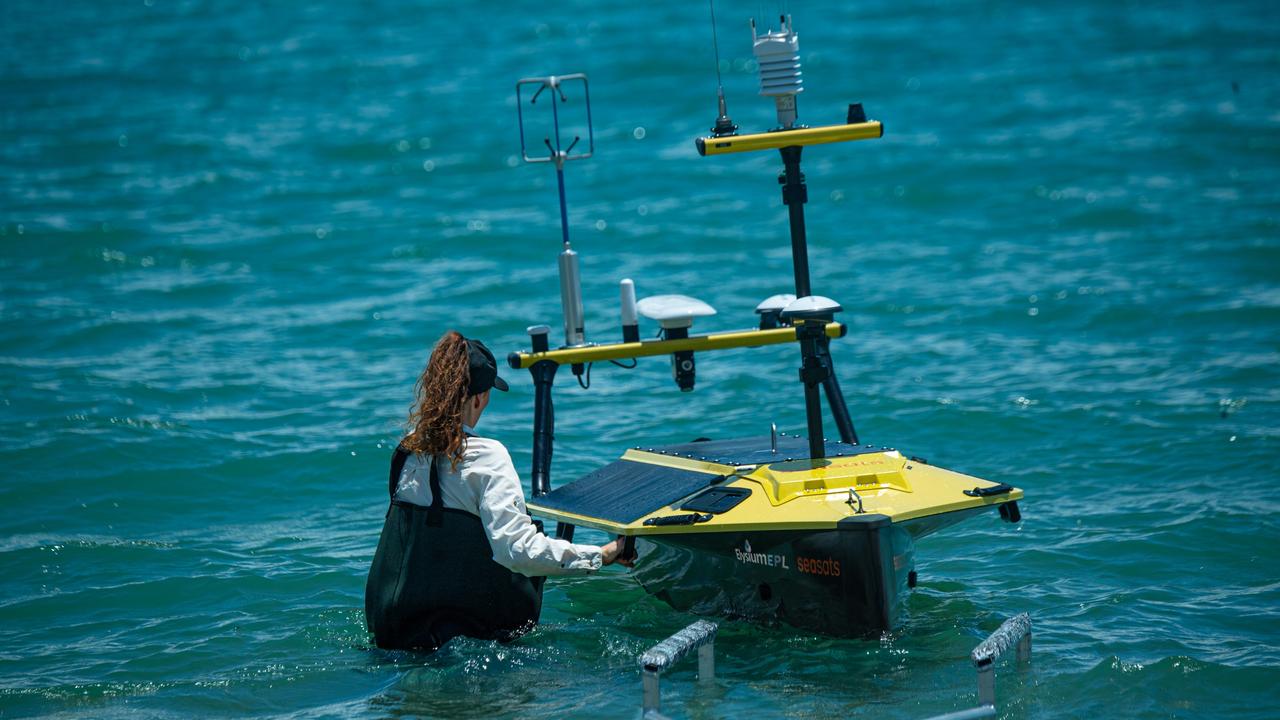
USVs, which operate on the water’s surface without a crew, have become a critical part of global oceanographic and atmospheric scientific observations.
They are often equipped with sensors and payloads, including radar, sonar, chemical sensors, water samplers and cameras, to collect data and perform tasks.
Powered by renewable energy, the vessels are said to be able to travel tens of thousands of kilometres unassisted.
The vessels can also reportedly navigate extreme environmental conditions such as tropical cyclones and winter storms.
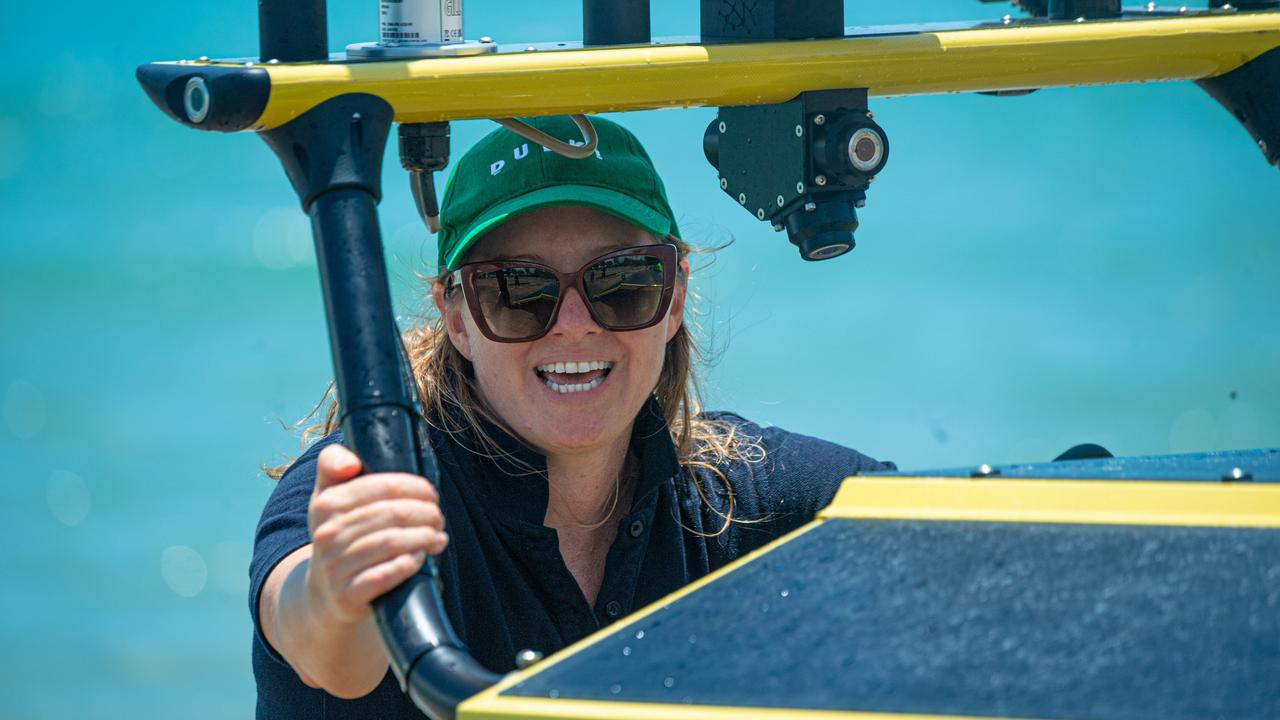
But there are remote regions of the ocean not covered by this technology, and there is no standard framework for this technologies quality data standards or best practices.
Dr Patterson, who is already deploying this technology, said a global network was critical if the use of this technology were to become popularised.
“This technology is currently booming, and we urgently need to establish a global network to agree on standards and best practices so that USV data can be used to enhance our understanding of the oceans and climate,” she said.
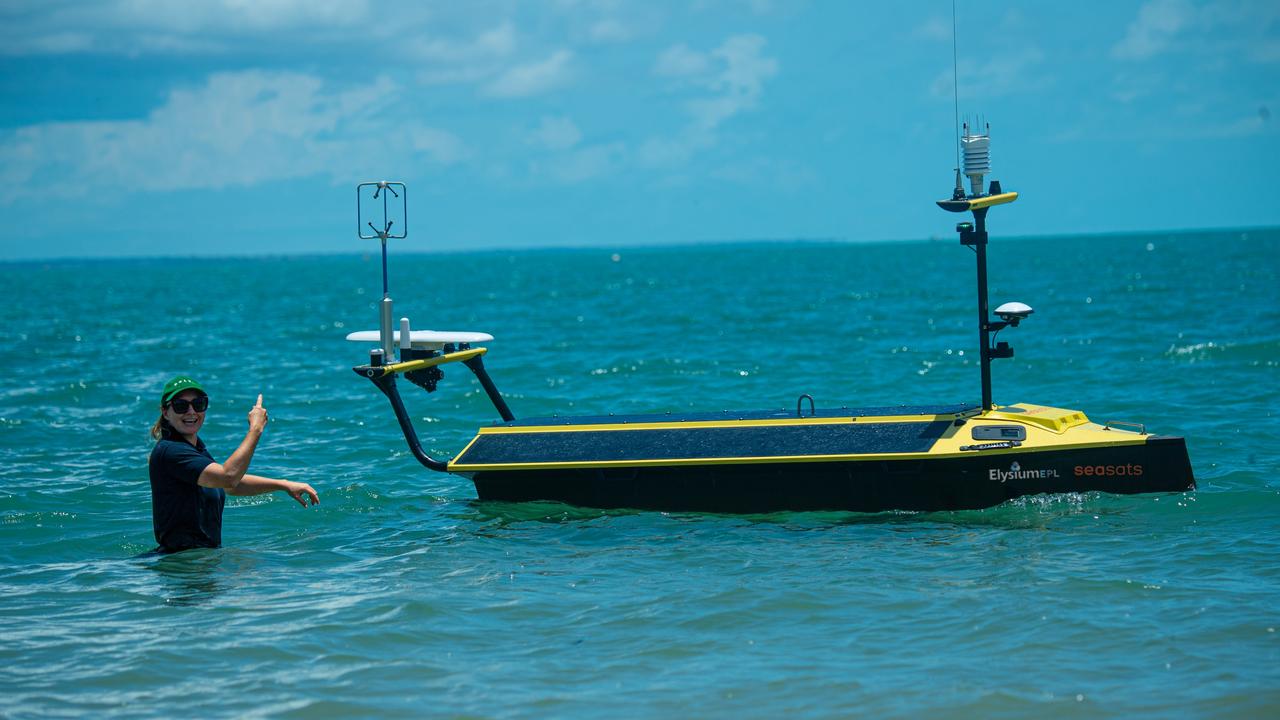
“With USVs you can observe the ocean cost-effectively. For example, five or 10 USVs can take to the ocean for the price of one crewed vessel, which means you can collect data in different places at the same time.”
In April, Dr Patterson will travel to Brest, France to seek the USV global network’s endorsement at the 16th session of Observations Coordination Group.
The proposal is supported by universities and organisations around the world including in the United States, Sweden, Canada, Norway, Japan, South Africa, and United Kingdom.
More Coverage
Originally published as Joint proposal led by Charles Darwin University researcher seeks to establish global network of unmanned surface vehicles






